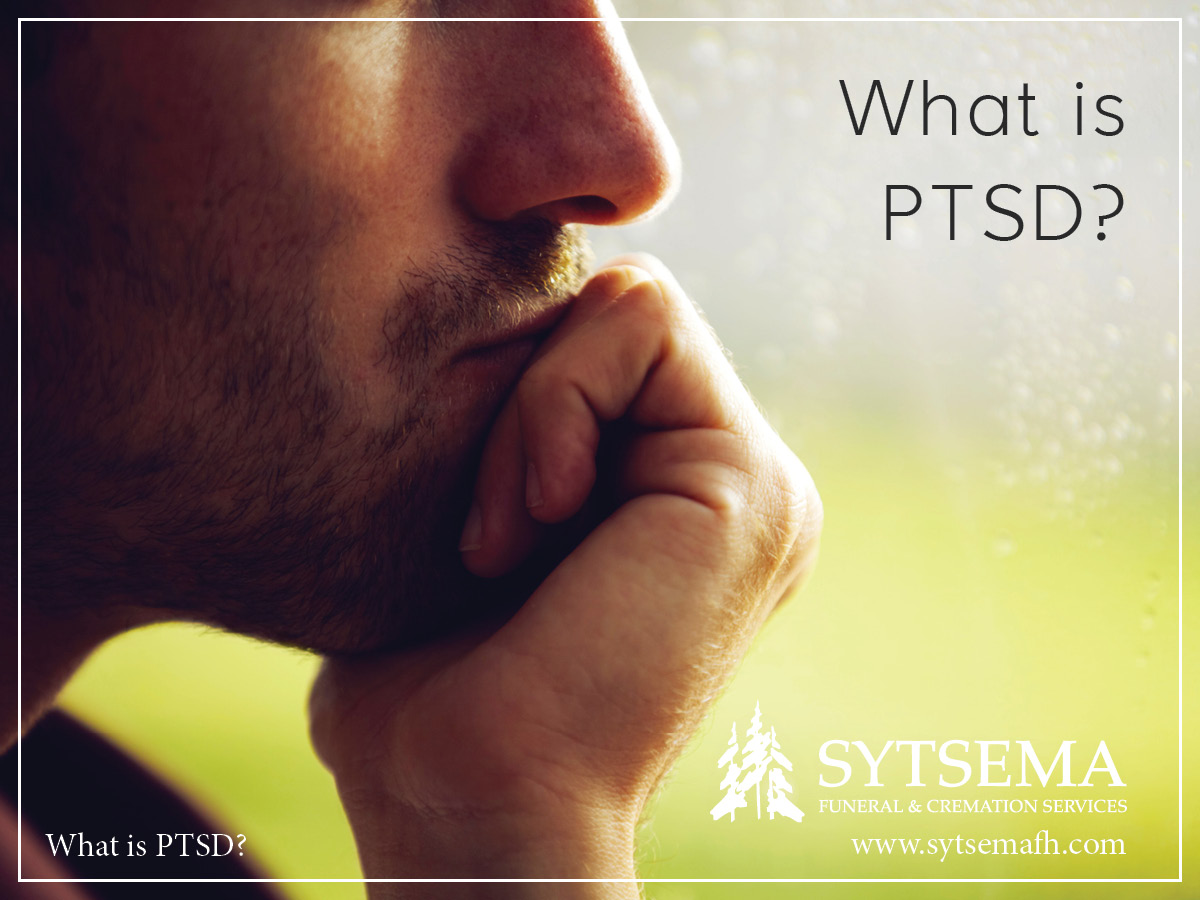
Jewish Funeral Traditions
Posted on November 23, 2023 by Sytsema Funeral Home | Leave a comment
Posted under Funeral Service
As we begin to learn more about religious practices outside of our own, it is sometimes surprising to find how much different faiths have in common. Mourners of all faiths understand the power of grief and the comfort of community. So, what happens when a person of the Jewish faith dies, and how can a […]
Continue Reading
What is PTSD?
Posted on November 9, 2023 by Sytsema Funeral Home | Leave a comment
Posted under Grief
Post-Traumatic Stress Disorder is a newer name for a very old disorder. In the past it has been known as combat fatigue or shell shock. PTSD is not unique to veterans. It is also seen in first responders, those who witness terrorist attacks, or who are victims of weather disasters, rape or almost any act […]
Continue Reading
What Can the Funeral Home Do for a Veteran?
Posted on October 26, 2023 by Sytsema Funeral Home | Leave a comment
Posted under Veterans
Many who serve in the United States Military make a career of service. Others serve for a brief period and then move on to other careers. Regardless of whether the military is a person’s life work or a part of their life for a brief period, the experience often leaves its mark. When the time […]
Continue Reading
Funeral Service and Veterans Benefits
Posted on October 12, 2023 by Sytsema Funeral Home | Leave a comment
Posted under Veterans
The Funeral Home is the best resource for understanding veterans death benefits. The Federal Government provides a death benefit for honorable discharged veterans. The dollar amount varies based on where the death occurs (VA hospital) and if the death was service-related. In most cases the benefit is modest and will not cover the entire cost […]
Continue Reading
How Can We Use Pictures at a Funeral?
Posted on September 28, 2023 by Sytsema Funeral Home | Leave a comment
Posted under Funeral Service
Saying good-bye to someone you love is hard. Using pictures at the funeral of the person who died is a wonderful way to help tell a life story. There are a variety of ways to use photos. Using photos that span the entire life of a person—Mom as a little girl on the farm, as […]
Continue Reading